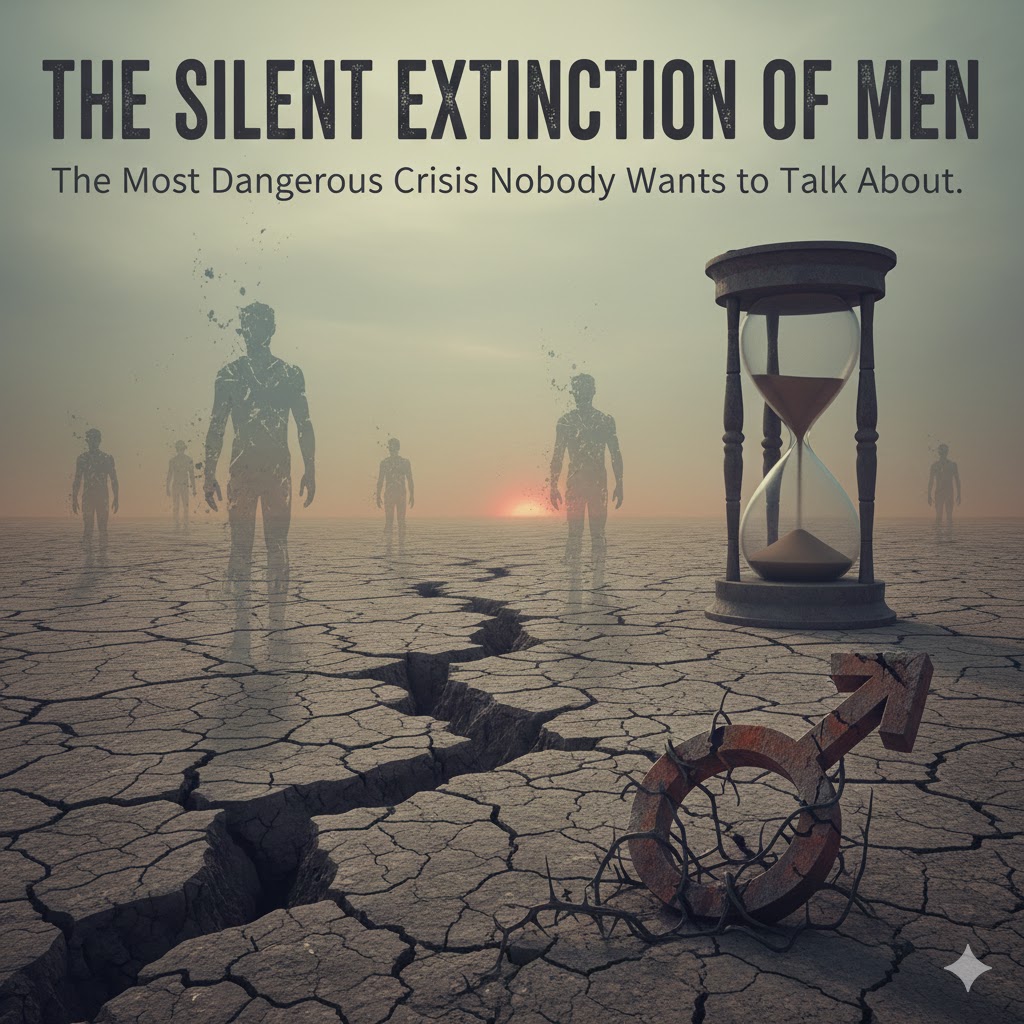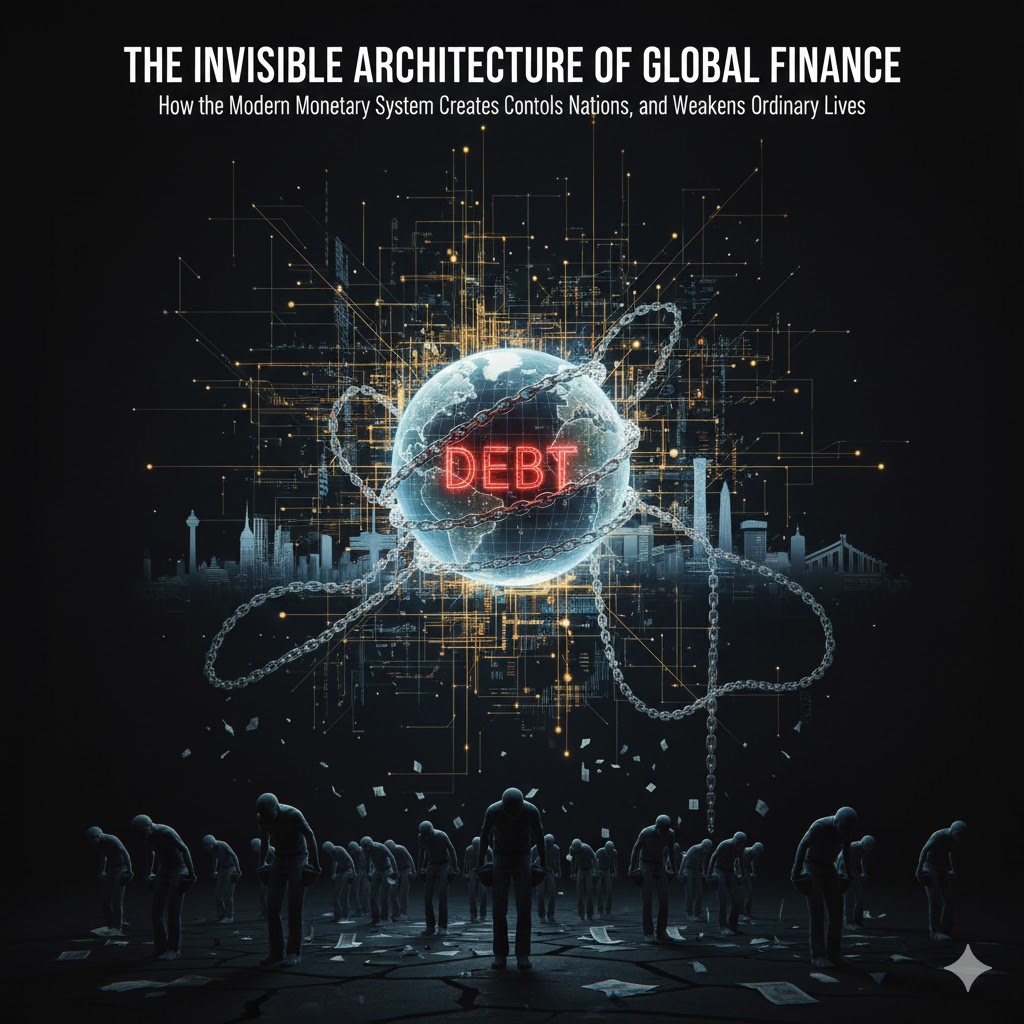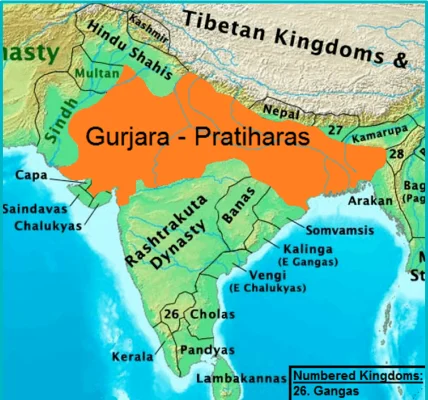
The Dark Side of India’s Startup Boom: Analyzing a Decade of Losses and Lessons for Future Success
Over the past decade, India’s startup ecosystem has experienced rapid growth, marked by significant innovations and substantial funding. However, behind the success stories lies a darker narrative of high failure rates, financial losses, and operational challenges. With around 90% of startups failing within the first five years, the ecosystem has seen notable shutdowns like Stayzilla and AskMe, which highlight issues such as overdependence on funding, market saturation, regulatory hurdles, and talent retention difficulties. This article delves into these challenges, providing a comprehensive analysis of the Indian startup landscape, backed by data and examples, to help businesses make informed decisions and foster sustainable growth.
















